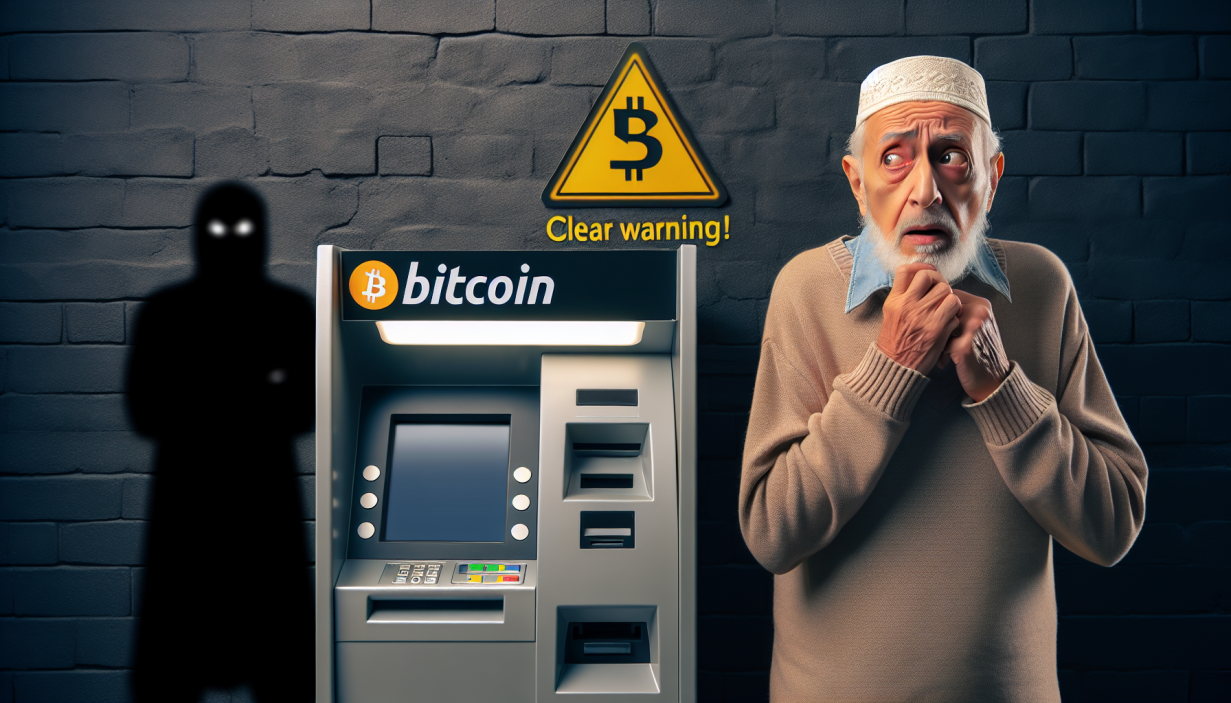Bitcoin ATM Scams Are on the Rise
The scams often involve malicious actors convincing victims to unwittingly transfer their funds via Bitcoin (BTC) ATMs under pretenses
September 4, 2024 11:52 AM
Reading time: 1 minute, 57 seconds
TL;DR The FTC has reported a dramatic rise in scams involving Bitcoin ATMs since 2020. Fraudsters are exploiting the anonymity and speed of cryptocurrency transactions. Losses from these scams exceeded $110 million in 2023.

Exploiting Anonymity and Speed
The Federal Trade Commission (FTC) has reported a 10-fold rise in scams involving Bitcoin ATMs since 2020. These scams are driven by fraudsters who exploit the anonymity and speed of cryptocurrency transactions.
The scams often involve malicious actors convincing victims to unwittingly transfer their funds via Bitcoin (BTC) ATMs under pretenses.
Significant Financial Losses
According to FTC data, losses from Bitcoin ATM scams exceeded $110 million in 2023. Consumers aged 60 and older are three times more likely to fall victim. This alarming trend has raised concerns about the safety and security of Bitcoin ATMs.
FTC's Consumer Warning
In an interview with Cointelegraph, a Bitcoin Depot spokesperson responded to the FTC warning to discuss consumer protection and scam prevention.
The FTC warned consumers that no legitimate agency or company will ever demand payment in BTC or other cryptocurrencies via a Bitcoin ATM.
"...neither Bitcoin nor the ATM will protect your money. No cryptocurrency will. No matter what the caller says, there's no such thing as a government Bitcoin account or digital wallet. There are no Bitcoin federal safety lockers."
The Bitcoin Depot spokesperson informed Cointelegraph that the firm "post scam warnings" on its kiosks and "have screen prompts that warn customers of scam potentials." This is a common practice for any legitimate kiosk operator.
Consumer Protection Measures
The spokesperson offered several security tips for consumers to stay safe using Bitcoin ATMs. Consumers should never send BTC or other cryptocurrencies to unknown digital wallets or individuals they don't personally know and trust.
The company routinely cooperates with regulators and law enforcement to support their customers. While Bitcoin ATMs are a valuable tool for accessing digital currencies, they can be misused by bad actors.
The FTC and Bitcoin Depot encourage consumers to take extra precautions, be aware of potential scams, and always verify the legitimacy of their transactions before sending cryptocurrencies.
Local Regulation Efforts
On Aug. 7, a local government committee in Chico, California, discussed the regulation of Bitcoin ATMs. Andy Pickett, chief administrative officer at the County of Butte, discussed the efforts to regulate Bitcoin ATMs in the government committee, aiming to treat them "more like a bank."
Pickett explained that each jurisdiction would have to "pass their ordinance" to regulate Bitcoin ATMs and that "any ordinance would likely be challenged in court."



